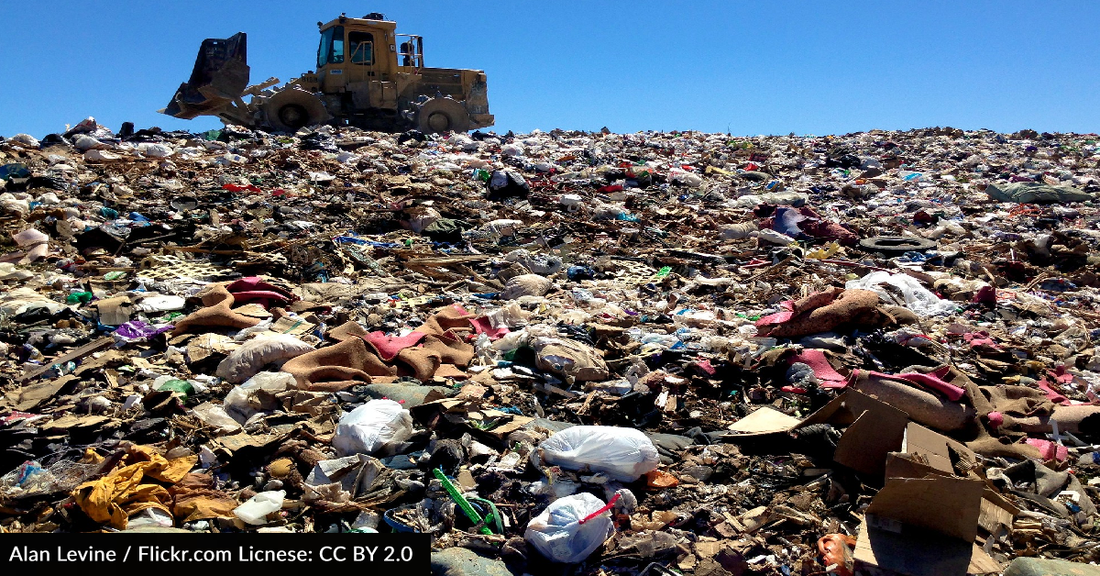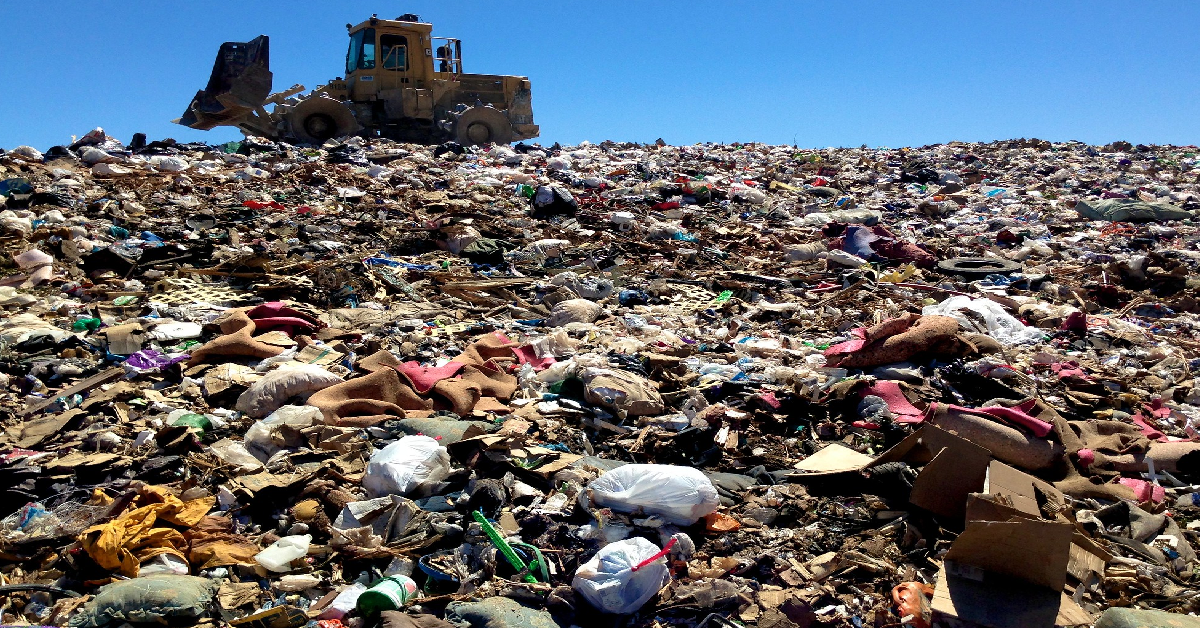7th Annual Holiday Toy & Book Event Help make the holidays brighter this year!
Scientists Believe Plastic-Eating Fungi Could Help Clean The Planet
Timothy Roberts
We use plastic every day and sometimes, we don't even recognize the fact that we do so. Plastic is more than in the water bottles we drink from, it is in almost everything.
Although plastic may be convenient, it has also resulted in a lot of pollution and destruction for our planet. The oceans are full of microplastics, and it just seems as if things are getting worse.
According to Our World In Data, approximately 193 million tons of plastic end up in landfills every year. Recycling does help to a limited extent, but it is truly only a drop in the bucket.
Many people have been wondering what to do about the plastic problem, but scientists may have found an answer.
For many years, scientists were looking for a way to break down plastic. They may have had a breakthrough, thanks to some researchers at the University of Sydney.
According to the researchers, a type of backyard fungi can actually break down polypropylene within 140 days. Those two common forms of fungi can do so, not leaving a trace of plastic behind.
The study was published in NPJ Materials Degradation, where they detail the actions of Aspergillus terreus and Engyodontium album.
Those two types of common backyard fungi are types of mold. When provided samples of polypropylene, which is the type of plastic that makes types of soft plastics, such as to-go containers, it went to work immediately.
When the plastics were fed to the fungi, it was 27% degraded after 90 days. A lot happened in the next 50 days because the plastic was completely degraded on day 140.
According to ABC Net Australia, the author of the paper, Ali Abbas, said it was the highest degradation rate reported in the known world.
It is going to take some time to figure everything out, but the team is hopeful that they will be using it at the landfills within five years.
The researcher also spoke about how technology exists for these processes already. It's really just a matter of scaling things up to get it working as it should.
They may find that commercial applications of this fungi would be more effective, depending upon funding and the political climate.
The fungi could be added to plastic-eating worms and other options available for tackling the world's waste problem. Even though these may be able to help reduce plastic after it has been consumed, we would be better off reducing our use of plastic in the first place.

 Photo:
Photo:  Photo:
Photo:  Photo:
Photo:  Photo:
Photo: 
